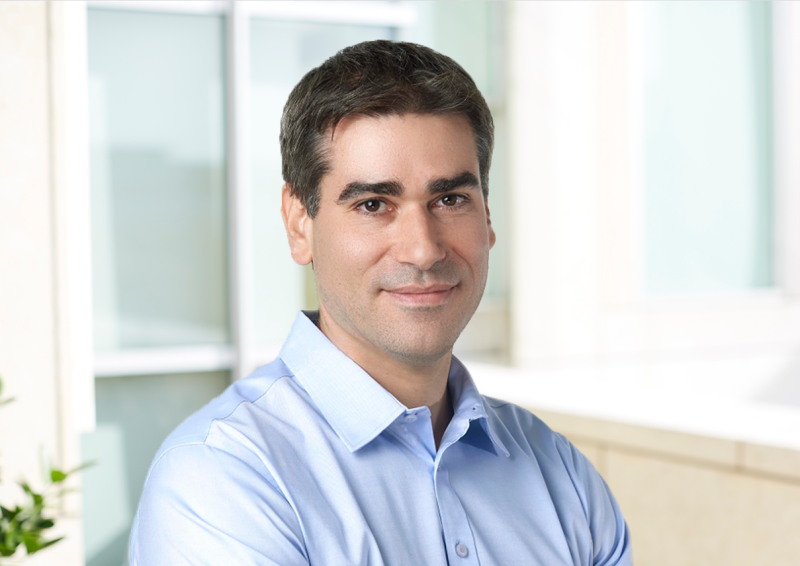New Position on Globalizing Intifada Comes After Key Conversation, Says Mamdani
Mayoral candidate Zohran Mamdani, currently leading the race, has recently made headlines for his evolving stance on the contentious phrase “globalize the intifada.” Following significant backlash for initially refraining from condemning the phrase, Mamdani communicated this week to a gathering of business leaders that he now seeks to discourage its use, attributing this change to a recent conversation with a Jewish woman who expressed how it evokes painful memories of violence.
Mamdani’s previous comments about the phrase were met with intense criticism, particularly during the final stages of the primary election, where he faced accusations from political opponents and influential business figures of fostering antisemitism and hate. Prominent business leaders, including Kathy Wylde, CEO of the Partnership for New York, reported that Mamdani informed attendees at a recent meeting that he had reassessed his position, recognizing that the phrase could imply a support for violence against Jews.
During the meeting, Mamdani acknowledged the emotional weight of the phrase as articulated by the Jewish woman he spoke with, who recounted a traumatic experience involving a bombing in Israel. He noted that this realization brought him to understand the differing connotations the phrase holds within the Jewish community. This public acknowledgment marks a significant shift in his messaging, particularly against a backdrop of rising antisemitism in New York City.
His change in tone, however, has been dismissed by some of his opponents. Former Governor Andrew Cuomo, for instance, criticized Mamdani’s revised stance as insincere, stating that his earlier comments revealed a deeper tendency towards antisemitism. Cuomo, who is contending against Mamdani in the upcoming November election as an independent candidate, emphasized that Mamdani’s previous statements directly offended the Jewish population.
Mamdani’s spokesperson confirmed that he valued the dialogue with business leaders, which included the subject of fiscal policy disagreements, but did not elaborate on how his approach to speech policing would align with his prior stance.
Previously, in an interview on a popular podcast, Mamdani expressed that while he personally does not use the phrase, he interprets it as a manifestation of the urgent demand for Palestinian rights and equality. This perspective has drawn scrutiny, particularly during the heated final days of the primary election, as his opponents contended that his words could incite harmful sentiments.
Despite the heated discussions surrounding the phrase, Wylde observed that Mamdani displayed a willingness to engage and listen during the recent meeting, signaling a potential avenue for dialogue. However, he maintained his commitment to his policy proposals, including suggested tax increases on millionaires and corporations, which have faced significant pushback from the business community.
As the election approaches, Mamdani’s evolving stance on sensitive issues continues to shape perceptions of his candidacy. Balancing the complexities of diverse voter concerns while standing firm on his policy proposals will be critical as he navigates the final stages of his campaign.





